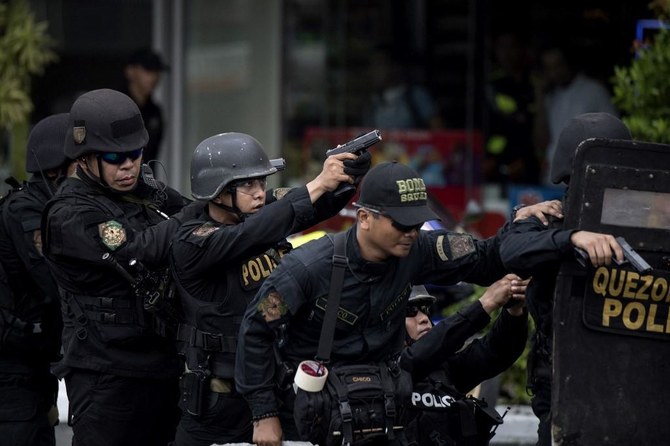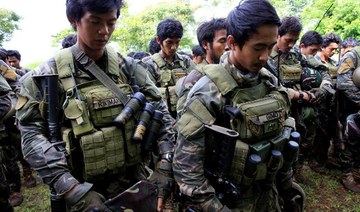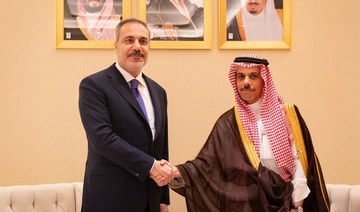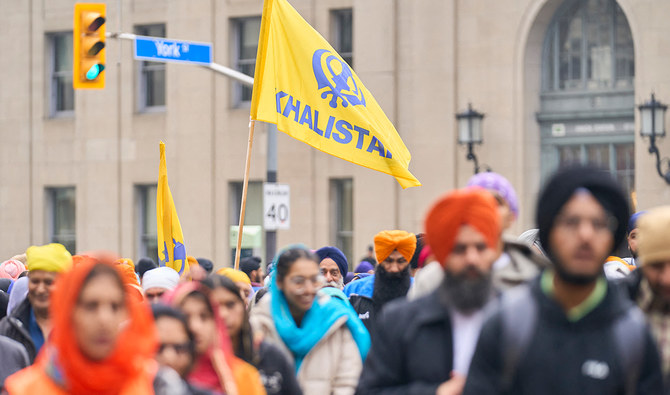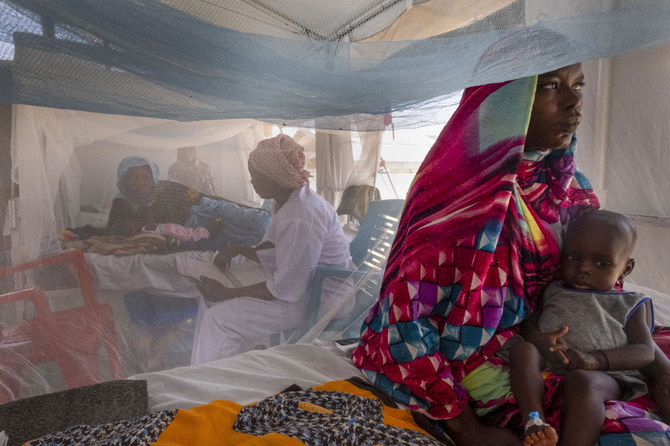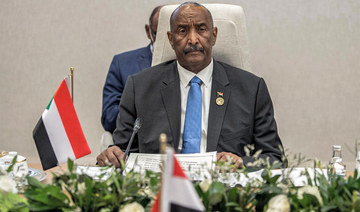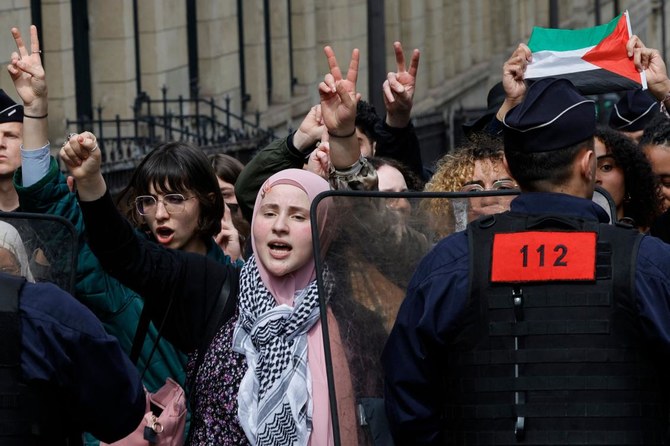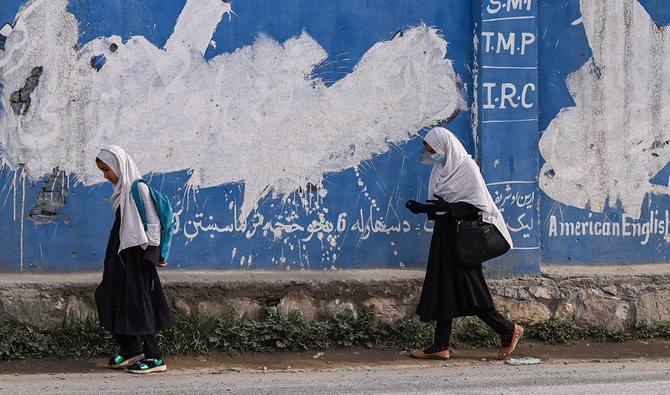MANILA, Philippines: Philippine authorities have identified one of two suicide attackers who set off bombs last week that killed five people and the bombers in a southern army camp, a Filipino general said Tuesday.
Maj. Gen. Cirilito Sobejana told The Associated Press that the family of the 23-year-old militant, Norman Lasuca, has identified him as one of the bombers who detonated a bomb on Friday at the gate of an army encampment in Sulu province’s Indanan town. The other suicide attacker remains unidentified.
Lasuca is the first known Filipino militant to have agreed to carry out a suicide bombing, a development that has concerned Philippine security officials. Two suicide bombings in the country’s south in recent months, also blamed on Sawadjaan, have been blamed on foreign militants by Philippine authorities.
Sobejana said Lasuca left his family in Sulu’s Asturias district about five years ago and joined an Abu Sayyaf militant faction under the control of commander Hajjan Sawadjaan.
Sawadjaan is a Daesh group-aligned commander and the suspected mastermind of the suicide attacks, which killed three soldiers, two villagers and the two bombers and damaged the encampment, located in an Indanan community, officials said.
“This is really very tragic for Lasuca’s family, his mother. They saw him last five years ago and this is the first time they’re only seeing him again,” Sobejana said, adding the family has claimed the severed head of the militant and buried it.
Poverty and a lack of education may have driven Lasuca to the Abu Sayyaf, which lures recruits with money and guns, he said.
There were conflicting accounts of the attack. Military officials said earlier that Lasuca managed to dash into the camp after the first militant was stopped at the army camp’s gate by soldiers. The first militant detonated his bomb, killing three soldiers at the gate.
After he got past the gate, Lasuca was shot by other soldiers, prompting him to set off his explosive while yelling “Allahu akbar,” or God is great, they said. Military chief Gen. Benjamin Madrigal Jr., however, told reporters that Lasuca was the militant who set off his explosive after being stopped outside the camp gate by soldiers.
Lasuca’s head was severed by the powerful explosion. The suicide bombings sparked a security alarm, including in the capital, Manila, where police were put on alert.
The other militant has Caucasian features and is suspected to be the son of a foreign extremist with Moroccan roots who died in a suicide bombing attack in nearby Basilan island last year, Sobejana said.
Interior Secretary Eduardo Ano, who oversees the national police, said, however, that authorities have obtained information indicating the other suicide attacker may also be a Filipino militant from Sulu. Remains of both bombers will be subjected to DNA tests to ascertain their identities, he added.
Battle setbacks have reduced the number of Abu Sayyaf armed fighters to less than 400 but they have remained a national security threat. They were the main suspects in a Jan. 27 bombing of a Roman Catholic cathedral during a Mass that killed 23 people in Sulu’s capital town of Jolo.
The cathedral attack by two suspected suicide bombers sparked the current military offensive against the Abu Sayyaf, some commanders of which have pledged allegiance to the Daesh group.
Abu Sayyaf militants have largely thrived on ransom kidnappings and extortion, although defense officials say they may have received foreign funds, including from the Daesh group, to finance attacks.
The brutal group has been blacklisted as a terrorist organization by the United States and the Philippines for bombings, ransom kidnappings and beheadings.



